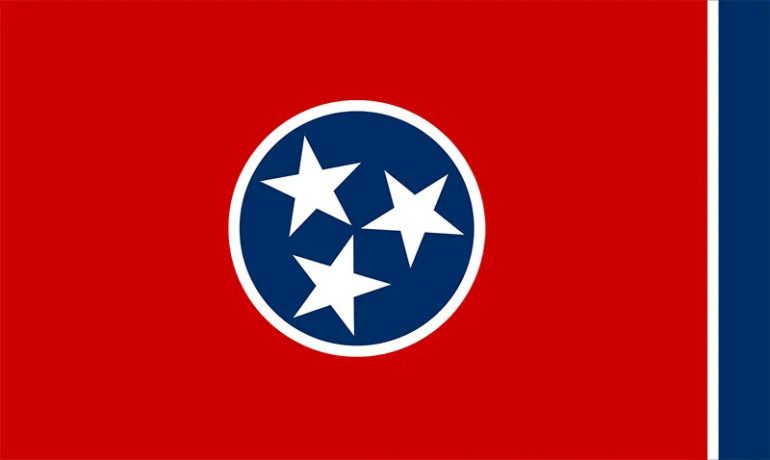

According to cnn.com, a federal judge in Tennessee has ruled that a state law limiting public drag show performances represented an “unconstitutional restriction on the freedom of speech.”
“As a matter of text alone, the (Adult Entertainment Act) is a content, and viewpoint-based restriction on speech. The AEA was passed for the purpose of chilling constitutionally-protected speech,” US District Court Judge Thomas Parker, an appointee of former President Donald Trump, said in a 70-page late-Friday ruling.
The news of the court ruling follows Friends of George’s, a Memphis-based nonprofit that produces drag performances and comedy sketches, sued back in March to stop the law from going into effect, arguing it was a violation of its free speech. Then Parker temporarily blocked the state from enforcing the ban as he considered the law’s constitutionality.
Earlier this year Tennessee Republicans passed the measure to restrict public drag show performances, which was signed by Republican Gov. Bill Lee. The law wanted to limit “adult cabaret performances” on public property to shield children from viewing them, threatening violators with a misdemeanor and repeat offenders with a felony. The ban included “male or female impersonators” who perform in a way that is “harmful to minors.” The ban will go into effect on April 1.
On June, 3 Friend’s of George’s went on Twitter to announce “Judge Parker has declared Tennessee’s anti-drag law unconstitutional!”
WE WON! Judge Parker has declared Tennessee’s anti-drag law unconstitutional! Friends of George’s would like to thank Brice Timmons and Melissa Stewart at Donati Law and all who have stood by us during this fight! #standwithfriendsofgeorges #pride #dragisnotacrime pic.twitter.com/lrzN6tOHqt
— Friends of George’s (@GeorgesShowtime) June 3, 2023
“WE WON! Judge Parker has declared Tennessee’s anti-drag law unconstitutional! Friends of George’s would like to thank Brice Timmons and Melissa Stewart at Donati Law and all who have stood by us during this fight! #standwithfriendsofgeorges #pride #dragisnotacrime.”
Tennessee officials have argued that the measure is not a full ban and is only intended to stop sexual performances in front of minors. Parker, in his ruling, acknowledged the state’s “compelling interest in protecting the psychological and physical wellbeing of children” but ruled against the law as “an unconstitutional restriction on the freedom of speech.”
Tennessee Attorney General Jonathan Skrmetti said in a statement last Saturday that his office was reviewing the order and expects to appeal “at the appropriate time.”
“The scope of this law has been misrepresented in public by those more interested in pressing a narrative than in reading the statutory text. The Adult Entertainment Act remains in effect outside of Shelby County. This narrowly-tailored law protects minors from exposure to sexually explicit performances. Its operative language is rooted in the U.S. Supreme Court’s long-established First Amendment precedent.”
